Understanding Why Dental Hygiene Matters
Hello, my name is Dr. Julie Ann Valde in Newbury Park, and I often get questions about what dental hygiene is and what it entails. I'm here to answer some of those questions.
What is proper dental hygiene?
Proper dental hygiene means brushing your teeth, flossing, and, as an adjunct, using a water pick for irrigation. Let's go over this. Brushing involves using a manual or electric toothbrush to remove food debris and keep your teeth clean. Flossing involves using floss to remove plaque and debris stuck between teeth, which brushing alone cannot do. Water irrigation with a water pick is an optional step that many people like because it makes their teeth feel cleaner and their gums healthier. After brushing and flossing, you can use it to massage your gums and keep them healthy. That is proper dental hygiene.
What can happen if I don't practice good dental hygiene?
If you don't practice good dental hygiene by brushing and flossing, you allow food to remain on your teeth, attracting bacteria. This bacteria feeds on the food debris and can start cavities in the small divots in your teeth and between them. If food and plaque remain under the gums, the bacteria can cause inflammation, leading to bleeding and swelling, which is unhealthy. This is the start of gingivitis, which can progress to full-blown periodontitis, where the bone is affected. If you don't practice good dental hygiene, you're at risk for cavities, gingivitis, periodontitis, infection, and discomfort. So, brush and floss.
What is the main duties of a dental hygienist?
The main duty of a dental hygienist is to keep your gums and teeth healthy by cleaning them. They use special tools to remove food debris and plaque that you can't reach. Even if you brush and floss, there are areas you might miss, leading to hardened tartar forming on your teeth. The dental hygienist can clean that off, which you can't do yourself. Their role is to keep your teeth clean, remove debris, maintain gum health, and monitor for gingivitis or periodontitis. They play a vital role in my office, and it's important to see them regularly.
What is involved in a dental cleaning?
During a dental cleaning in our office, the hygienist will review your medical and dental history to ensure everything is in order. They may take X-rays if needed. They'll clean your teeth, assess the need for deep cleanings if there's gingivitis, and take scans. The hygienist is skilled in cleaning teeth, taking X-rays, performing scans, and gathering diagnostic data. They are an essential part of your dental care.
What kind of tools do a dental hygienist use?
Dental hygienists use specialized instruments to gently clean your teeth. They use hand instruments to scrape off tartar and a sonic scaler for stubborn calculus. The sonic scaler makes a sound, but it's effective in removing tartar. My hygienist is attentive to sensitive areas and will be gentle, ensuring thorough cleaning without leaving anything behind.
Does a hygienist teeth cleaning usually hurt?
A hygienist's teeth cleaning should not hurt. My hygienist is very gentle. Our goal is to keep your gums healthy without causing pain. If you have gingivitis, it might cause some discomfort because of inflammation, not because of the cleaning or tools. If you experience pain, raise your hand and let us know. We aim to be gentle and ensure your comfort.
Why is a deep clean by dental hygienist?
A deep cleaning by a hygienist is necessary when there's significant inflammation, bloody gums, and regular cleaning isn't enough. A regular cleaning stays above the gums, while a deep cleaning goes below to remove plaque and debris stuck there. We numb you for comfort during the process. Deep cleaning is part of maintaining health, recommended only if needed after evaluation.
Is it necessary to do anything after a dental cleaning?
After a dental cleaning, no special precautions are necessary. You can eat and drink as usual. The only thing you should do is maintain cleanliness by brushing and flossing regularly.
How should I schedule a dental hygiene appointment?
To schedule a dental hygiene appointment with me, call our office at (805) 554-0018, and Jamie or Michelle will assist you. I hope to see you soon.

